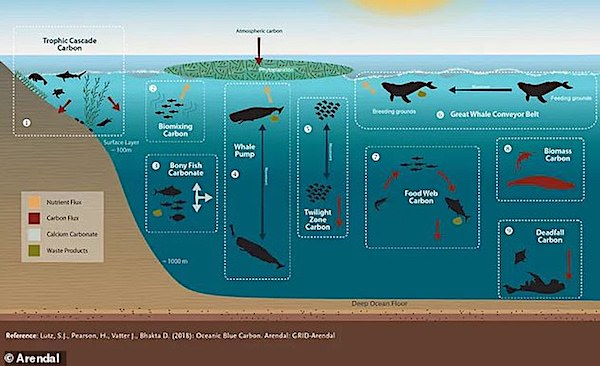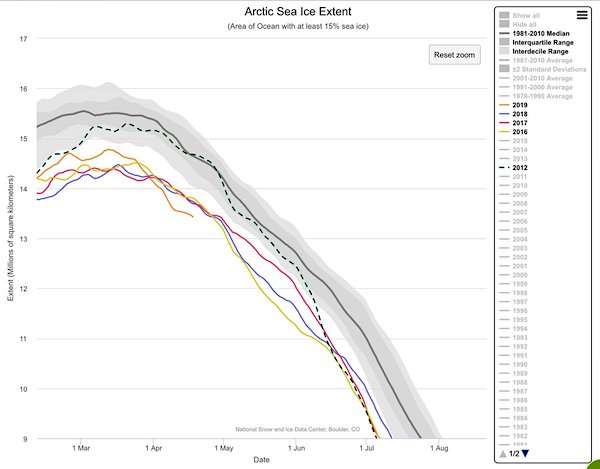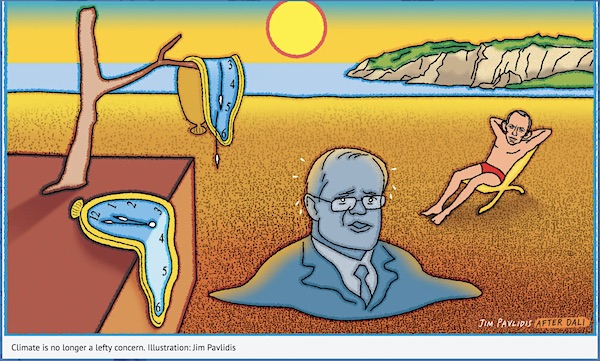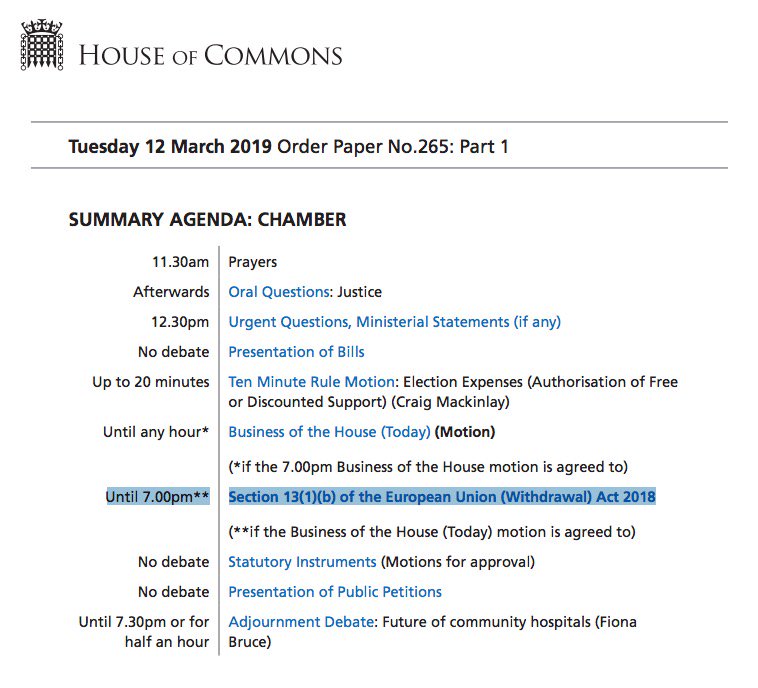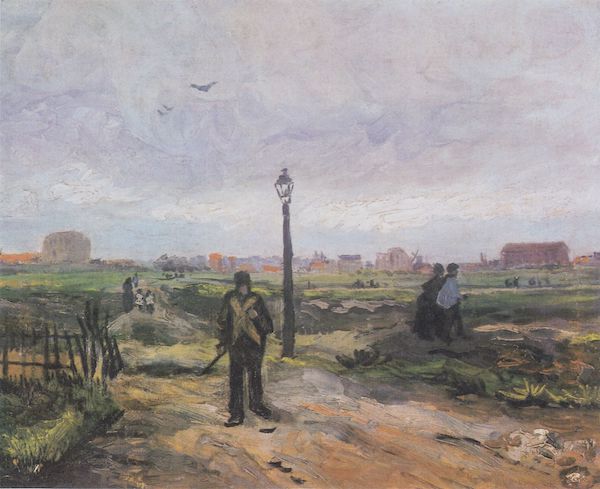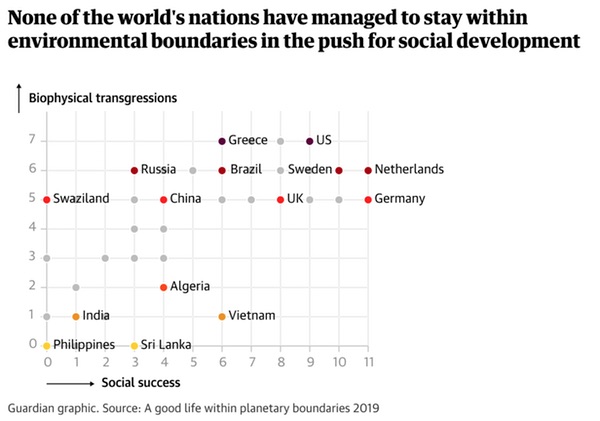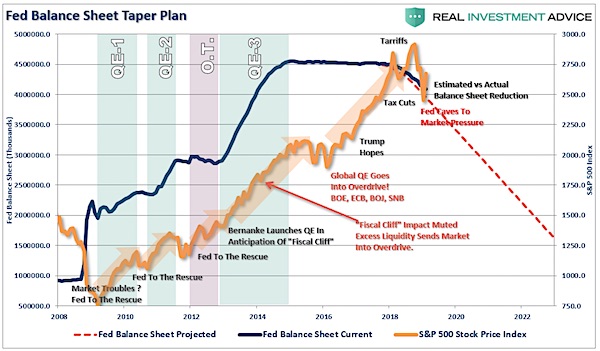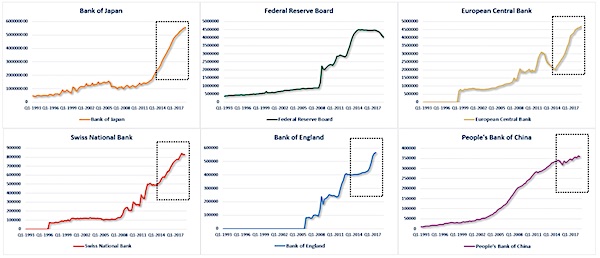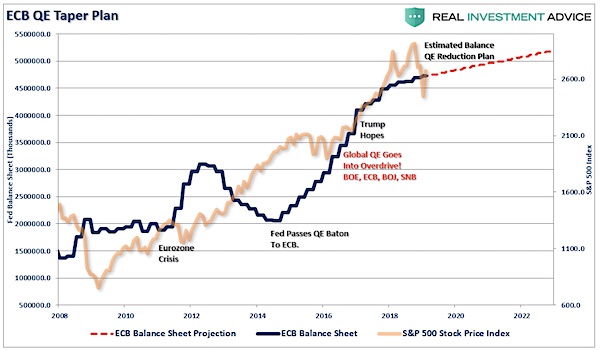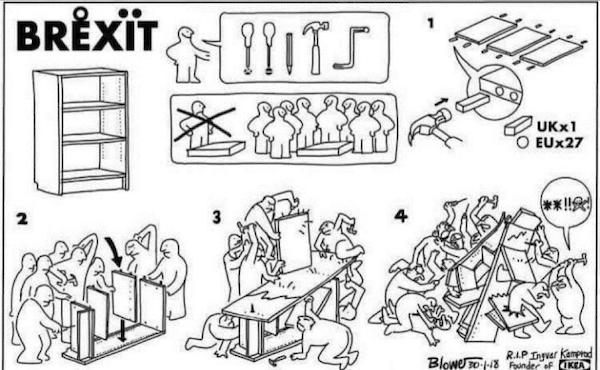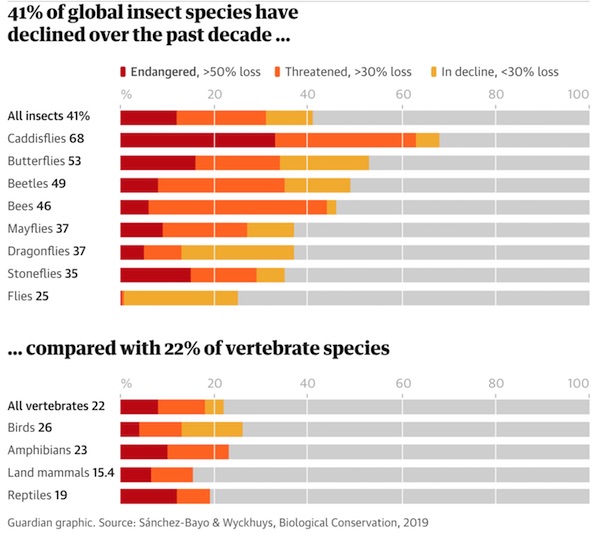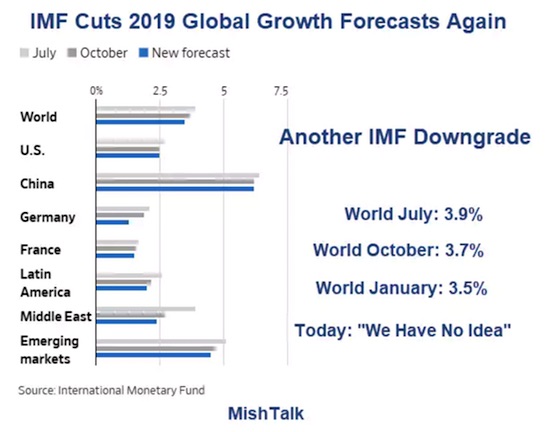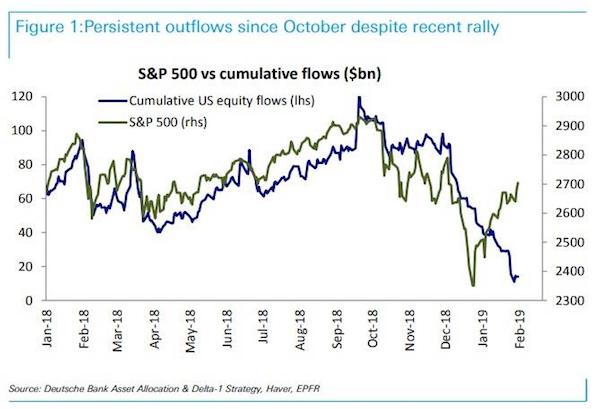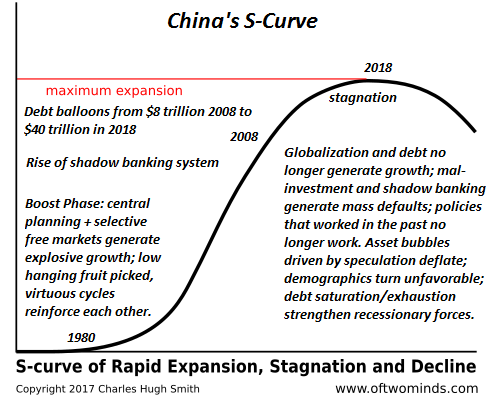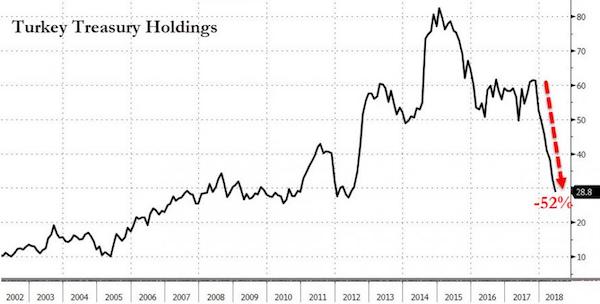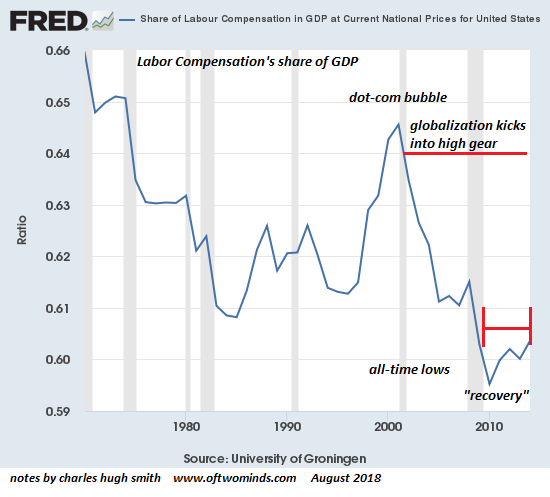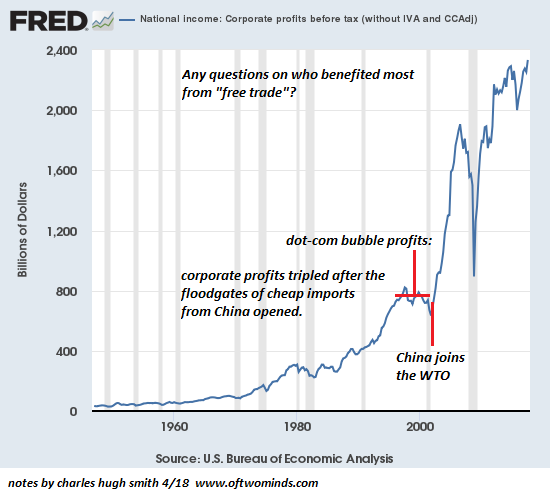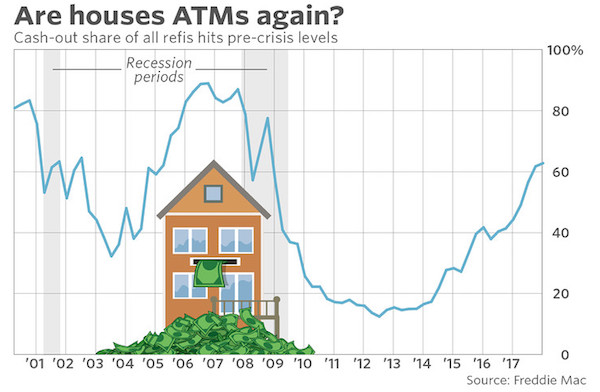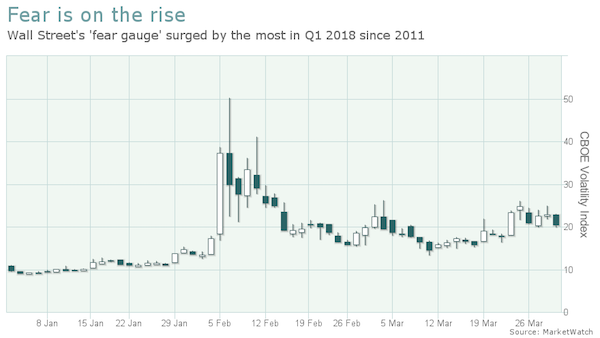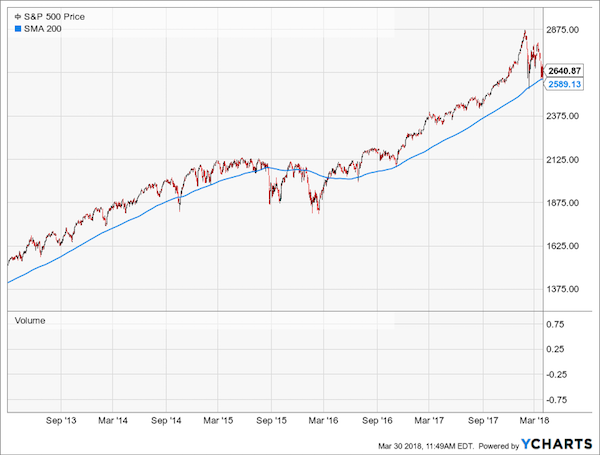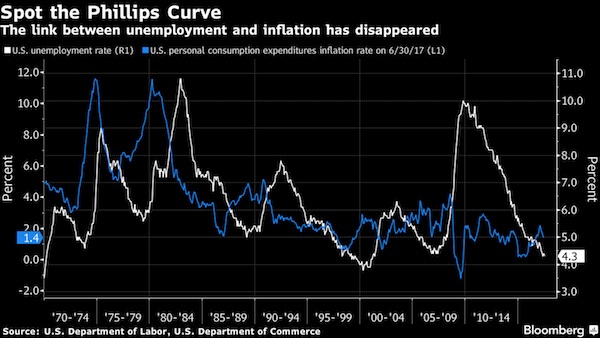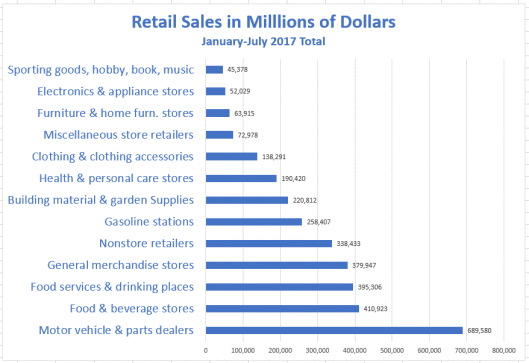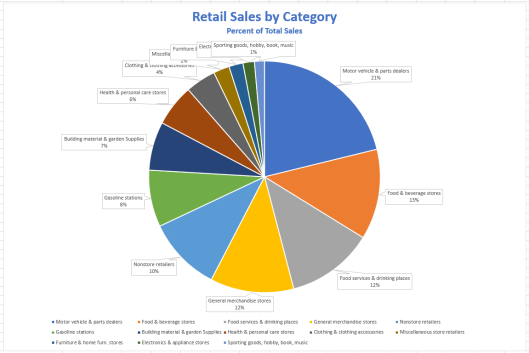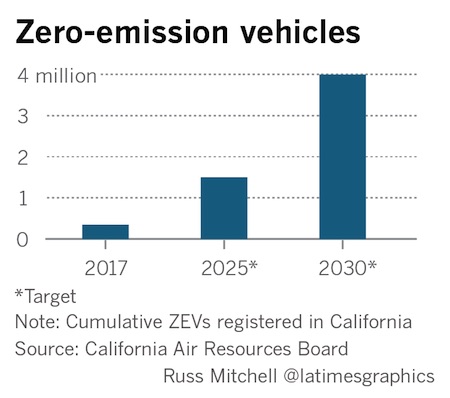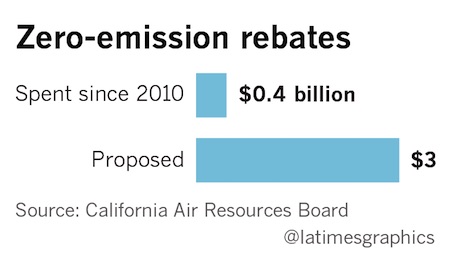
Pablo Picasso Self portrait 1919

Interesting take. It’s all about Russia.
• Trump-Zelensky-Ukraine: What Is Really Going On Here? (OffG)
Let’s start with the foreign policy goals. Both Trump and Zelensky are operating in highly constrained and threatening foreign policy environments at home. At the time of their phonecall, Trump still had the warmonger Bolton to deal with inside the house: and even now he is still under the watchful scrutiny of the Russophobe imperial state figure of his Secretary of State Pompeo, closely though undeclaredly linked to the Washington imperial party on Ukraine-Russia as on other East-West issues. Zelensky is similarly constrained and threatened in Kiev by the anti-Russian fanaticism that has been indoctrinated in large sections of the Ukrainian population by decades of nationalist, often neo-Nazi, Russophobe propaganda.
It is a tribute to the instinctive good sense of the Ukrainian electorate that Zelensky was able to defeat in the polls the discredited NATO stooge Poroshenko so comprehensively and decisively. The maturity of this vote gives me renewed hope for Ukraine. But there is a long way to go still towards political normalisation and economic recovery there. Zelensky is smart enough to see that his country must achieve a normalisation of relations with Russia, but knows that he cannot yet say this openly. Putin wants this also, very much. But both men know it will take a very long time after the accumulated bitter grievances on both sides over recent decades, and especially since the lethal and destructive civil war on Eastern Ukraine that was begun by Poroshenko in April 2014 – no doubt on American advice.
This war has had terrible human consequences: loss of life, wounded and disabled casualties, destroyed communities, massive forced refugee outflows. Neither side can get over this easily or quickly. The reciprocal prisoner release on 7 September was an essential symbolic action. Putin’s release of the navy crews who took part in the provocative and foolish Ukrainian raid on the Kerch Strait bridge a year ago was a key part of building Ukrainian confidence and trust in Zelensky’s leadership. Russophobes in the West are in consternation at new green shots of possible hope for progress towards Kiev-Moscow normalisation under the Normandy diplomacy format.
[..] As I interpret the Trump-Zelensky conversation, both leaders were cautiously but in a friendly way exploring the boundaries of what might be possible for each of them as presidents to revisit the troubled history of the past few years. I see nothing dishonourable or intimidating in this conversation. Trump critics are reading into it only what they want to read.

Zelensky ran on promoting peace. But it puts him in danger.
• Kiev Agrees To EU-Backed Roadmap Aimed At Peace In Eastern Ukraine (RT)
The government in Kiev has agreed to the so-called ‘Steinmeier Formula,’ the process for Ukraine’s breakaway eastern regions to receive autonomy, which is expected to revitalize the stalled peace process. Named after Frank-Walter Steinmeier, the German foreign minister who suggested it back in 2015, it’s an addition to the second Minsk agreement that explains exactly how elections must be held in eastern regions of Ukraine in order to end the bloodshed and reintegrate the breakaway Republics of Donetsk and Lugansk. According to the formula, the “special status” – i.e. autonomy – law must enter into force temporarily on election day and become a permanent one after the Organization for Security and Cooperation in Europe (OSCE) deems the elections legitimate.
All members of the three-side contact group – Russia, Ukraine and the OSCE – as well as the ones from the self-proclaimed republics, agreed to the ‘Steinmeier Formula’ on Tuesday, sending letters of agreement to the OSCE special representative in Ukraine, Martin Sajdik. The official confirmed to Interfax that no joint document was signed and “the signatories have been put under separate letters.” It was not immediately clear to what extent the ‘Formula’ has become legally binding, given this quite unusual way of approval. Explaining the move, Ukraine’s President Volodymyr Zelensky said that the ‘Formula’ will be implemented into the new “special status” law – which is yet to be designed and approved by lawmakers at by the Ukrainian Rada. He also insisted that Kiev should control the border with Russia in the East.
The sides had been expected to sign ‘the formula’ a few week ago, but the negotiations fell through because Ukraine disagreed with some points. While the approval is regarded as a positive sing in peace process by politicians, it was met with a very angry reaction by Ukrainian neo-Nazis and pro-war groups. Shortly after the announcement, a protest dubbed ‘No to capitulation’, was staged outside his office. The protesters waved flags of far-right groups, shouted slogans and brandished flares, demonstrating their dissatisfaction with any attempts by the Kiev authorities to somehow settle the conflict in the east of the country. A similar reaction was voiced by the former president of Ukraine, Petro Poroshenko. He branded the ‘Steinmeier Formula’ a “Putin formula,” claiming that agreeing to it paves the way for deconstruction of Ukraine as a sovereign state.

He knows there’s no chance it will be accepted. But he’s been told by Parliament to get a deal or ask for an extension.
• Final Proposal: UK PM Johnson To Unveil Brexit Offer To EU (R.)
Prime Minister Boris Johnson will on Wednesday unveil his final Brexit offer to the European Union and make clear that if Brussels does not engage with the proposal, Britain will not negotiate further and will leave on Oct. 31. In his closing speech to his governing Conservatives’ annual conference, Johnson will stick to his hard line on Brexit, offering the party faithful the first details of what he will describe as his “fair and reasonable compromise”. With less than a month until Britain is due to leave the EU, the future of Brexit, the country’s biggest trade and foreign policy shift in more than 40 years, is uncertain. Britain could leave with a deal, without one or not exit at all.
Johnson, who says Britain will leave the bloc on Oct. 31 no matter what, will tell the conference he will send his proposal to Brussels, an attempt to secure a deal to smooth the country’s departure and avoid a potentially damaging no-deal Brexit. “My friends, I am afraid that after three-and-a-half years people are beginning to feel that they are being taken for fools. They are beginning to suspect that there are forces in this country that simply don’t want Brexit delivered at all,” he will say, according to extracts released by his office. “Let’s get Brexit done on October 31 so in 2020 our country can move on.” More than three years after Britain voted to leave the EU in a 2016 referendum, Brexit talks are at an impasse.
Johnson has been firm that the Oct. 31 deadline will be met, but parliament has put roadblocks in his way – passing a law that requires the prime minister to request a Brexit delay if he fails to secure an acceptable deal at an EU summit on Oct. 17. The EU has repeatedly asked Britain to come up with “legal and operational” proposals for the changes Johnson wants to a deal his predecessor negotiated with the bloc last year.
A hard border undermines the basis of the Good Friday Agreement – Jonathan Powell told us in August.
But what does the former Northern Ireland negotiator make of reports of the PM's latest offering on the backstop? He joins us at 22:30https://t.co/Qhrwo8Aank#Newsnight pic.twitter.com/lr4XBw4l47
— BBC Newsnight (@BBCNewsnight) October 1, 2019

Head butting.
• US House Committees Seek To Hold Line On Pompeo In Impeachment Probe (R.)
The leaders of three U.S. House of Representatives committees accused Secretary of State Mike Pompeo of intimidating witnesses on Tuesday, and said doing so is illegal and “will constitute evidence of obstruction.” Pompeo earlier on Tuesday sternly objected to the committees’ efforts to obtain depositions from five current and former State Department officials, as the Democratic-led House looks into President Donald Trump’s request to Ukraine’s president to investigate a domestic political rival, Democratic presidential candidate Joe Biden.
Representatives Eliot Engel, chairman of the House Foreign Affairs Committee; Adam Schiff, chairman of the Intelligence Committee, and Elijah Cummings, chairman of the Oversight Committee, made their comments on Pompeo in a statement issued in response to Pompeo’s position. The three Democratic chairmen said Pompeo would be “a fact witness” in the House impeachment inquiry if reports are true that he was on the July call when Trump spoke to Ukrainian President Volodymyr Zelenskiy. “Any effort to intimidate witnesses or prevent them from talking with Congress — including State Department employees — is illegal and will constitute evidence of obstruction of the impeachment inquiry,” the statement said.

Three investigations about to be published.
• Barr Investigating The Investigators Of Russian Meddling (R.)
Barr’s inquiry concerns the origins of an investigation by the Federal Bureau of Investigation into possible ties between the Trump campaign and Russia, which was ultimately taken over by Mueller. Mueller concluded that Trump’s campaign had extensive contacts with Russians who mounted a sweeping effort to influence the outcome of the election in which Republican Trump was the surprise winner against Democrat Hillary Clinton. Mueller also revealed numerous attempts by Trump to interfere with his investigation, but did not conclude whether or not Trump should be charged with obstruction of justice. Barr and Deputy Attorney General Rod Rosenstein subsequently decided not to bring criminal charges.
Trump blasted the Mueller investigation as a politically motivated “witch hunt”, and Trump’s allies have questioned whether U.S. intelligence and law-enforcement agencies should have launched the investigation in the first place. U.S. intelligence and law enforcement agencies began examining possible communications between Trump advisers and Russia in July 2016, when the Australian government alerted U.S. officials that a Trump foreign policy adviser, George Papadopoulos, had boasted to an Australian diplomat that the Russian government had material that could be damaging to Clinton. Several months later, the FBI secured a court order to monitor Carter Page, a Trump adviser who had traveled to Russia.
[..] Durham’s probe is “broad in scope and multifaceted,” examining the activity of U.S. and foreign-government intelligence services, as well as non-governmental organizations and individuals, Assistant Attorney General Stephen Boyd told Congress in June. As part of that effort, Trump has asked foreign leaders to introduce Barr and Durham to relevant officials in their countries, Justice Department spokeswoman Kerri Kupec said on Monday.
[..] The Justice Department’s internal watchdog, Inspector General Michael Horowitz, has completed a separate investigation. It is going through the process of removing classified information before it is released to the public. That probe, launched in 2018, focuses on whether the FBI followed proper procedures when it asked the Foreign Intelligence Surveillance Court for permission to monitor Page, the Trump adviser, in 2016. Separately, former Attorney General Jeff Sessions in 2017 assigned Utah’s top federal prosecutor, John Huber, to review a wide range of issues that Republicans had complained about, including the FBI’s conduct during investigations related to Clinton. Huber has ceded some portions of his probe to Durham and he is waiting for Horowitz to finish his review.

Abenomics 2.0.
• Japan Raises National Sales Tax Despite Recession Worries (AP)
Japan’s national sales tax was raised to 10% from 8% on Tuesday, amid concerns that the long-delayed move could derail the fragile growth path of the world’s third largest economy. Government officials say ample measures have been taken to minimize the impact of the hike, which took effect Tuesday. Previous tax increases, a 2-point increase to 5% in 1997 and another to 8% in 2014, brought on recessions. Prime Minister Shinzo Abe postponed this hike twice but said it was unavoidable given rising costs for elder care and a growing national debt as the population ages and shrinks. After decades of fiscal deficits that have taken the debt to more than twice the size of the economy, Abe has promised a return to balance by 2025, but that will require the economy to continue expanding at a healthy pace.
The economy expanded at an annual pace of 1.8 percent in April-June, faster than anticipated. But slowing exports and rising prices for oil are expected to drag growth lower in coming months. The increase covers most goods and services from clothes, electronics to transportation and medical fees, but the government has sought to soften its impact with tax breaks for home and car purchases. It also kept the tax for groceries unchanged for low-income households and is providing free pre-school education to families.

“.. the longest expansion of the economy in US history..”
• US Gross National Debt Up $1.2 Trillion in Fiscal 2019 to $22.7 Trillion (WS)
The US gross national debt jumped by $110 billion on the last two business days of Fiscal Year 2019, and by a breath-taking $1.2 trillion during the entire fiscal year, after having already jumped by $1.27 trillion in Fiscal 2018, the Treasury Department reported today. This ballooned the US gross national debt to a vertigo-inducing $22.72 trillion. These beautiful trillions whipping by are a joy to behold: so much action in so little time. The flat spots in the chart below are the results of the debt-ceiling charade in Congress. When the debt ceiling is lifted, the debt spikes back to trend, and nothing changed:
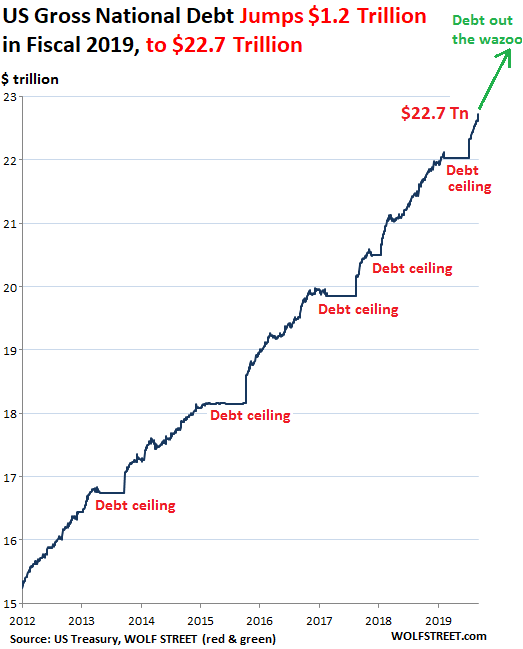
During Fiscal 2019, the gross national debt increased by 5.6% and now amounts to 106.5% of current-dollar GDP, up from 105.4% at the end of Fiscal 2018. The thing to remember here is that this isn’t the Great Recession or the Financial Crisis, when over 10 million people lost their jobs and credit froze up and companies went bankrupt and tax revenues plunged while outlays soared to pay for unemployment insurance and the like. This isn’t even the Collapse of Everything, but the longest expansion of the economy in US history. Over the last four quarters, the US economy as measured by nominal GDP (not adjusted for inflation) grew by 4.0%. Over the same period, the US gross national debt grew by 5.6% (not adjusted for inflation).

Christopher Balding: “Why do none of these reports note that Chinese firms listed in the US are not currently required to abide by US accounting and auditing standards and the SEC cannot review them?”
• Major US Investors Have Billions At Risk In Chinese Stocks (R.)
Major U.S. fund managers have tens of billion of dollars at stake in some of the most popular Chinese stocks on Wall Street, exposing them to potential losses should the White House move to delist Chinese firms from U.S. exchanges. White House trade adviser Peter Navarro on Monday dismissed reports that the Trump administration was considering delisting Chinese companies from U.S. stock exchanges as “fake news,” helping Chinese stocks including JD.com and Alibaba Group Holding recover some of their declines from Friday after the reports emerged.
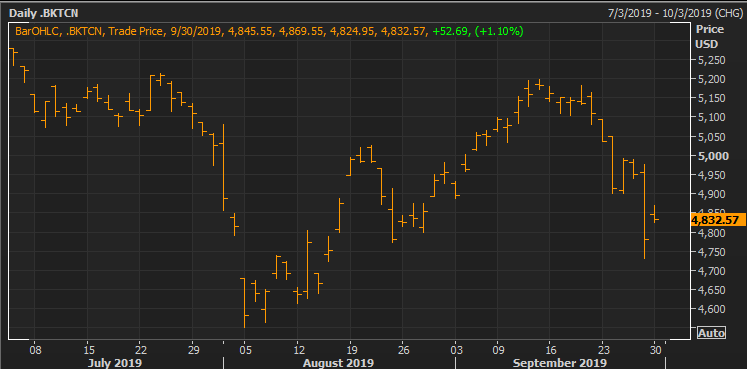
As Navarro’s comments reduced investor fears, the S&P/BNY Mellon China Select ADR index rose 1.1% after tumbling more than 3% on Friday. Still, the possibility of a future U.S. move to boot Chinese companies out of U.S. markets remains a topic of concern for investors. “The proposed measures would completely undermine the international ADR/GDR etc. market and would harm the US’s role as a conduit for international capital,” Jefferies equity strategist Sean Darby wrote in a client note. Leading U.S. investors across Chinese companies listed on U.S. exchanges include Blackrock, T. Rowe Price Associates and the Vanguard Group, with over $40 billion invested, according to Refinitiv data, based on fund filings.
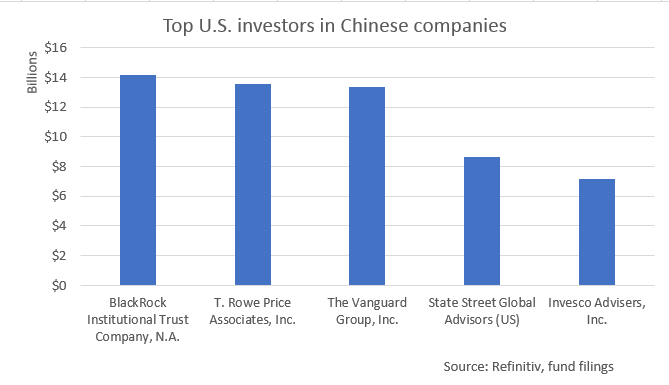

Or for him?!
• Zuckerberg Says Warren As US President Would Be Bad For Tech (R.)
Facebook Inc Chief Executive Officer Mark Zuckerberg told employees in July that the company would “go to the mat” to defeat Democratic candidate Elizabeth Warren’s expected effort to break up the world’s largest social media company if she were elected president, according to audio of two internal company meetings published by The Verge. “If she (Warren) gets elected president, then I would bet that we will have a legal challenge and I would bet that we will win the legal challenge. And does that still suck for us? Yeah. I mean, I don’t want to have a major lawsuit against our own government,” he said, according to the leaked audio. Warren, who in March called for breaking up Amazon.com Inc, Facebook Inc and Alphabet Inc, quickly issued a retort on Twitter.
“What would really ‘suck’ is if we don’t fix a corrupt system that lets giant companies like Facebook engage in illegal anticompetitive practices, stomp on consumer privacy rights,” Warren tweeted. In a later series of tweets, Warren noted that Facebook has built more market dominance in recent years by acquiring potential competitors WhatsApp and Instagram. “More than 85% of all social networking traffic goes through sites owned or operated by Facebook,” she wrote. “They’ve got a lot of power—and face little competition or accountability. “They’ve bulldozed competition, used our private information for profit, undermined our democracy, and tilted the playing field against everyone else.”

A step too far. And then be broken up too?!
• Institutional Libra Backers Are Getting Cold Feet (CD)
Major Libra backers Visa and Mastercard are second-guessing their participation in the Facebook-led digital payments project, the Wall Street Journal reported Tuesday. Against a global regulatory blasting of the proposed cryptocurrency, the financial services pair and unnamed other companies are balking at Facebook’s call for a unified front. The Journal says that few want to boost the project publicly – leaving Facebook to defend Libra by itself. Libra has been a favorite target of world financial regulators since its announcement in June. European Central Bank members said it could destabilize the euro; China’s crypto czar called it potentially “unstoppable;” and U.S. Congressional Representatives have called for an outright freeze on its development. Now members of the Libra Association will meet on Thursday in Washington, D.C. It was not immediately clear what the meeting will be about; the members are scheduled to discuss Libra’s charter in mid-October.

Intruiging. Major cities and towns in North America replaced by major cities across the Atlantic by latitude. Montreal=Milan. New York=Naples. Land climate vs sea climate.







